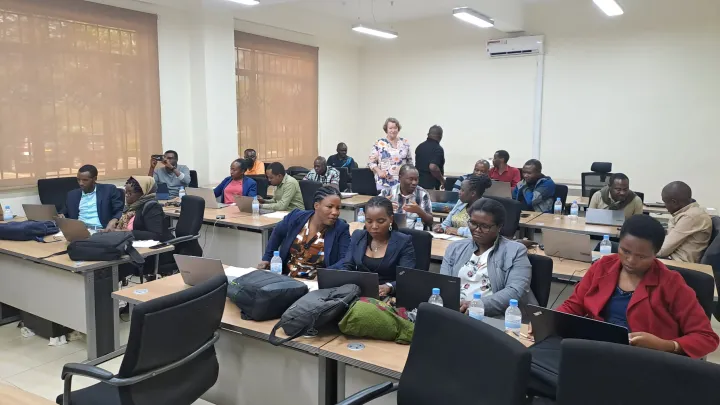The Higher Education Pedagogies for Teacher Education
We develop and strengthen the capacity of Rwandan higher education institutions focusing on quality teacher education in the HEP-TED project during 2024 - 2026.
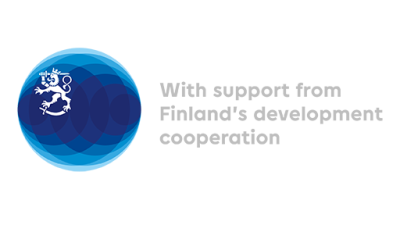

Our aim is dedicated to advancing sustainable development by enhancing the quality of teacher education at Rwanda Polytechnic and the College of Education at the University of Rwanda. This collaborative effort involves Rwandan higher education institutions (HEIs) working alongside Finnish partners, including the University of Helsinki, JAMK University of Applied Sciences, Tampere University, and Tampere University of Applied Sciences.
In response to Rwanda's "Vision 2050" and the National Strategy for Transformation 2017–2024, the project focuses on quality teacher education for general and technical/vocational education, addressing needs identified through a joint assessment.
HEP-TED envisions three outcomes:
1.
2.
3.
1. Enhanced management capacities to strengthen work-life relevance of teacher education
This outcome is dedicated to enhancing quality assurance mechanisms within higher education institutions (HEIs) by integrating them into both management and pedagogical development. Through ongoing improvements in pedagogy and programme delivery, we aim to cultivate a culture of accountability and proactive engagement in quality assurance processes. The positive outcomes of these efforts will be evident in improved student access to higher education, enhanced teaching and learning experiences, more effective assessment processes, smoother transitions for graduates into the labour market, and increased community engagement.
2. Improved quality of teacher education through co-creation and pedagogical renewal towards competence-based approaches to higher learning
Our project is centred on the adoption of competence-based curricula and assessment throughout Rwanda’s education sector. This transformation requires changes in behaviours, practices, and pedagogies in both general teacher education and the training of TVET (Technical and Vocational Education and Training) teachers.
To support this shift, we will provide training for both general and TVET teachers to enhance their knowledge and skills in competence-based curriculum and assessment, as well as in pedagogical approaches, including digital and distance learning.
3. Strengthened capacities for cross-institutional collaboration for continuous learning and pedagogical development
The third outcome recognizes that improving management capacities and the quality of teacher education is an ongoing process. It thrives on collaboration and exchange between higher education institutions, sharing their diverse expertise and experience to create contextualized theory-practice connections.
Our goal in strengthening cross-institutional collaboration is to foster innovation, create a dynamic learning environment, and promote the sharing of best practices that will extend beyond the project’s duration.
News and latest activities

Article
Digital Champions Developing Digital Pedagogy in Rwandan Higher Education
Presentations in conferences and events
Results of HEP-TED training presented at EAPRIL 2025 conference
The European Association for Practitioner Research on Improving Learning (EAPRIL) took place in Malta from 25-27 November 2025. A team of HEP-TED practitioners - Dr Eila Burns and Dr Siru Lehto from Jamk University of Applied Sciences; Dr Noel Mporananayo, from Rwanda Polytechnic; and Dr Delphine Mukingambeho from the University of Rwanda – has been exploring the phenomenon of learning organisations.
Our presentation titled: Building pedagogical learning organisations in Rwanda: Implementing Senge’s framework was presented by Dr Eila Burns at the EAPRIL conference. This ongoing study examines how two higher education institutions (HEIs) in Rwanda are developing towards becoming pedagogical learning organisations, guided by Senge’s principles.
HEP-TED at the Global Education Forum 2025
The HEP-TED project was proud to participate in the Global Education Forum (GEF) in October 2025, with the presentation Digital Transformation in Rwandan Classrooms: Insights into Capacity Building, Challenges, and Opportunities through Multi-Stakeholder Collaboration.
This session explores how digital transformation can be made accessible to every classroom—fairly and inclusively. Learn from Rwanda’s experience in building capacity, breaking down barriers, and fostering collaboration to ensure equitable access to digital education. Discover valuable global lessons in educational innovation.
Presented by: Leon Ntabomvura, University of Rwanda; Dr Delphine Mukingambeho (University of Rwanda) and Dr Burns Eila (Jamk University of Applied Sciences, Finland).
Leon Ntabomvura presented in the Global Education Forum (GEF) in October 2025.
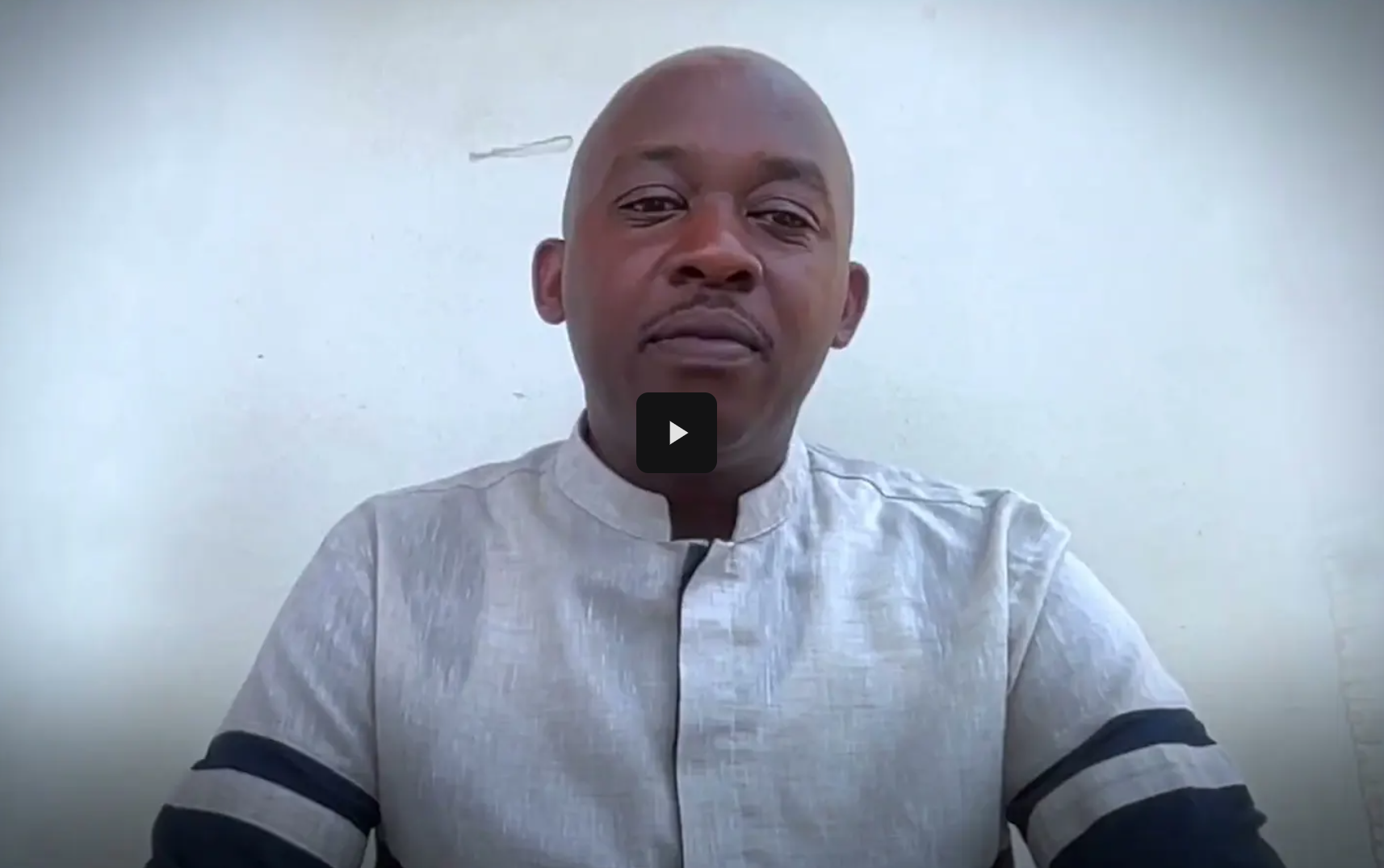
Jamk’s specific role focuses on the use of diversified pedagogies for digital learning in teacher education. We will offer training on digital pedagogies for competence-based learning that will be directly linked with the teachers’ and researchers’ daily tasks or to existing courses and modules.
Jamk also trains a group of ‘digital tutors’, volunteer teachers in the HEIs in Rwanda who will offer for peer-to-peer support to lower the step for adopting digital tools for teacher’s and researcher’s work. We will offer training both onsite in Rwanda and digitally online.
Previous activities and stories
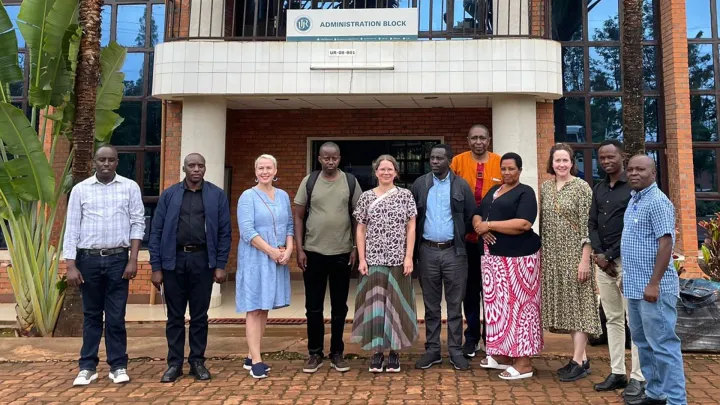
Article
Digital Champions begin training in Kigali
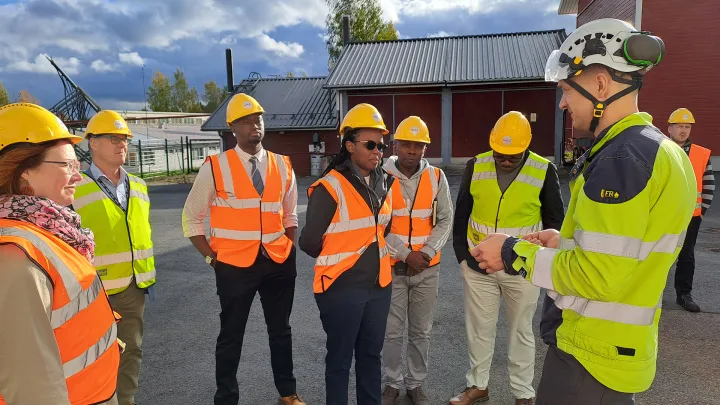
Article
Innovation and collaboration with businesses
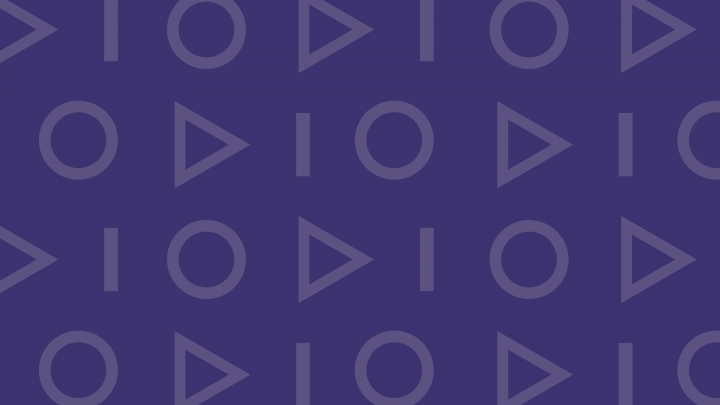
Article
Joint Webinar on Inclusive Education by Four Higher Education Partnership (HEP) Projects: TIPOTE, FUTE, HEP-TED, and BERT
The photo below is taken of a group of colleagues from Rwanda Polytechnic and the University of Rwanda during their visit to Jamk in June 2024. They were interested in discovering how quality assurance is organised at Jamk.
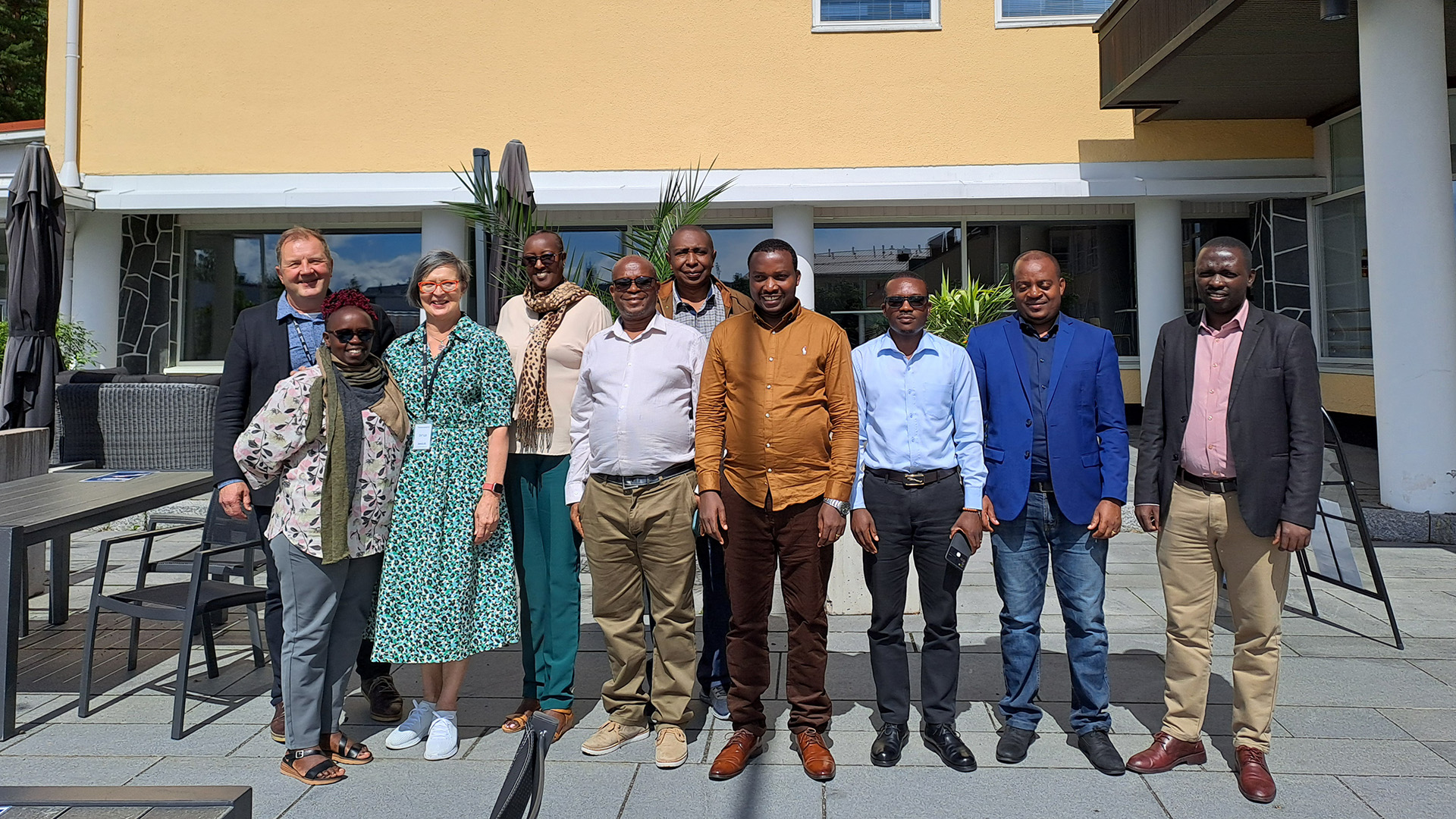
Coordinator: University of Helsinki, Finland
Partners in Rwanda: University of Rwanda and Rwanda Polytechnic
Partners in Finland: Tampere University, Tampere University of Applied Sciences and Jamk University of Applied Sciences.
Read more about the partners on project webpage (helsinki.fi)
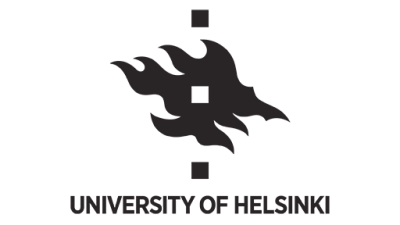

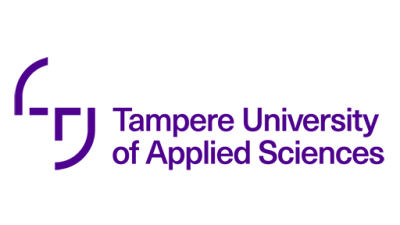
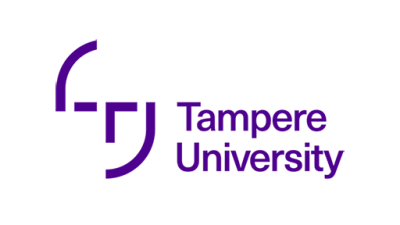

Project leader:
Hanna Kontio
Project Lead, Key Expert
University of Helsinki
[email protected]

Eila Burns

Siru Lehto
Henna Pernu
Mari Petäjä


